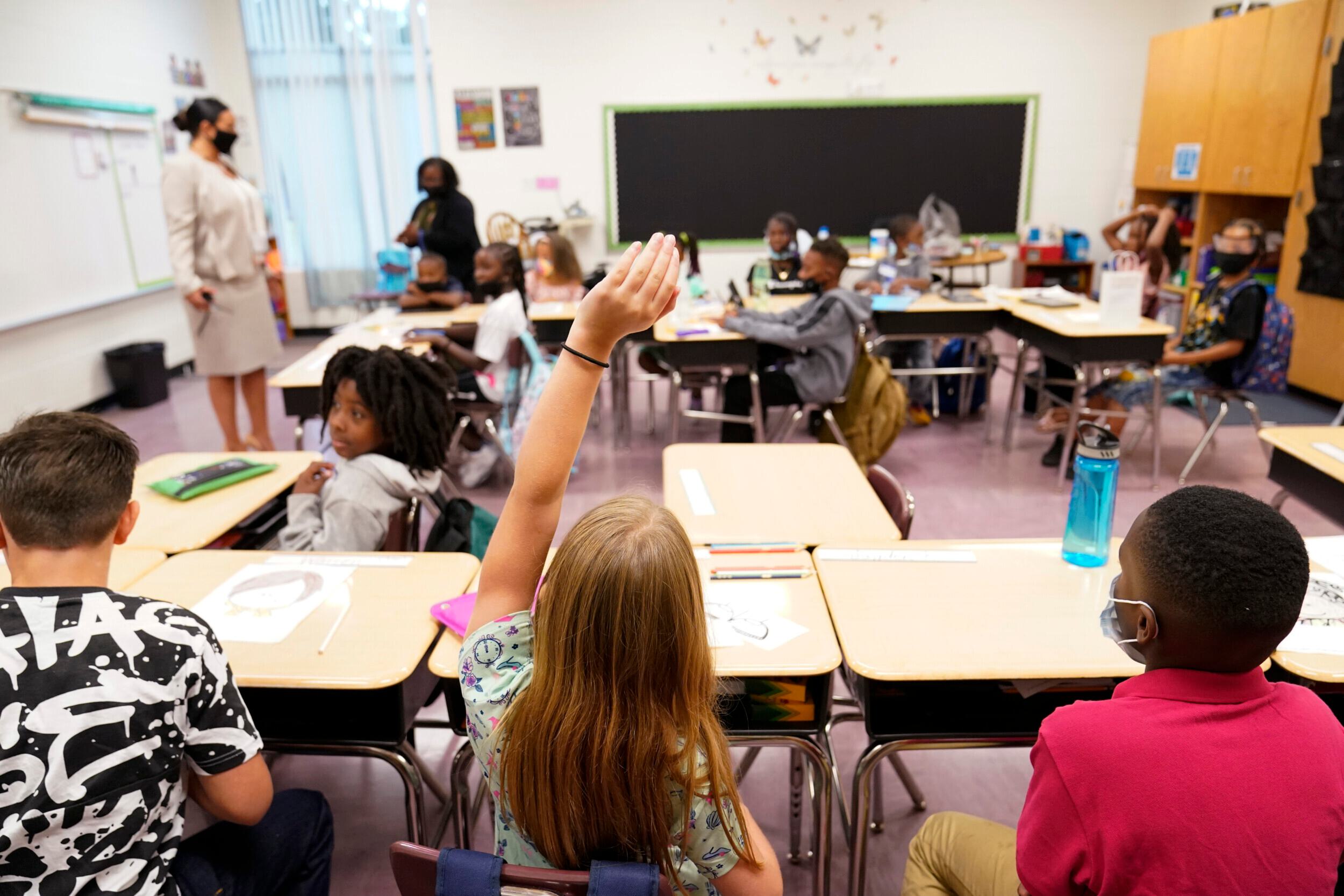Over the past two years, schools, and especially students, have faced many challenges including schedule changes and online learning woes. But as the 2022 school year gets underway, there are things parents of elementary-aged children can do to make sure their children succeed this year.
Parental involvement is proven to have a positive impact on a child’s academic performance.
Recently-retired schoolteacher Becky Armstrong worked in Talladega City Schools for 30 years as an elementary school teacher. This is the first year she hasn’t had to prepare a classroom for a new school year in three decades.
But still, she has advice for how parents can step in and help their children.
“The first thing is to pray for their child and their teacher daily,” said Armstrong. “The second thing is to never let them leave home not feeling loved and supported. And the third thing is to, after school, to not let them be on their device.”
The use of cell phones and tablets among elementary-aged children is something Armstrong has seen increase over her three decades in the classroom.
“They need playtime, whether they are jumping in mud puddles, they need to be outside,” said Armstrong.
In a world swirling with technology and mobile communications, experts say it is important to keep children grounded and in the realm of reality. A 2020 Pew Research Center study found that too much screen time can not only lead to children being distracted from school work, but it can also lead to behavioral problems.
While there are benefits to children having phones, there are also risks such as cyberbullying and access to adult content.
Cyberbullying has obvious roots in technology, but it is technology some experts believe children should not have access to. Mean messages, emails and photos can be shared with the masses with the click of a button.
As a reading specialist, Armstrong said sometimes the old school way is the way to go.
“They need a book in their hand,” said Armstrong. “They need to see life, not have their head buried in a device.”
Armstrong said it is also important for parents to stay informed about their child’s reading and math level.
“With COVID the last two years, it took away a lot, and it’s going to be hard to get it back,” said Armstrong. “They weren’t able to see and talk to each other, and children depend on interaction. But I can tell you what, and I believe this with all my heart, if they’re two years behind socially, they are two, three or more years behind academically.”
Parents can ask teachers what level their children are on in reading and math. Armstrong said it is important for students to be able to succeed on their own level, so they are inspired to continue learning and succeed even more. She said schools used to be able to put students in groups depending on their abilities, but that is no longer accepted.
“They were like, ‘Oh, we can’t label them, we can’t make them do this, they’re going to figure it out,'” Armstrong explained. “You don’t think they already know that they’re in the sixth grade and reading on a kindergarten level? You don’t think they know that? The schools need to reach in and pull them up from where they are.”
Parental involvement is one of the most important things children can have. But Armstrong said with rising prices due to inflation, a lot of parents have had to start working more and don’t have as much time to be involved.
“There’s been a drastic drop in parental involvement because more parents have to work,” Armstrong said. “…But also, when you pick them up at the car rider line, look at them like they are the most wonderful thing you have ever seen and you can’t wait to see them.
“That’s very important because when you go home and your mom has already looked at you like you’re the best thing that God ever put on this earth, then it’s bound to be more positive…Start the day positive and end the evening positive.”
To connect with the author of this story, or to comment, email erica.thomas@1819news.com.
Don’t miss out! Subscribe to our newsletter and get our top stories every weekday morning.










